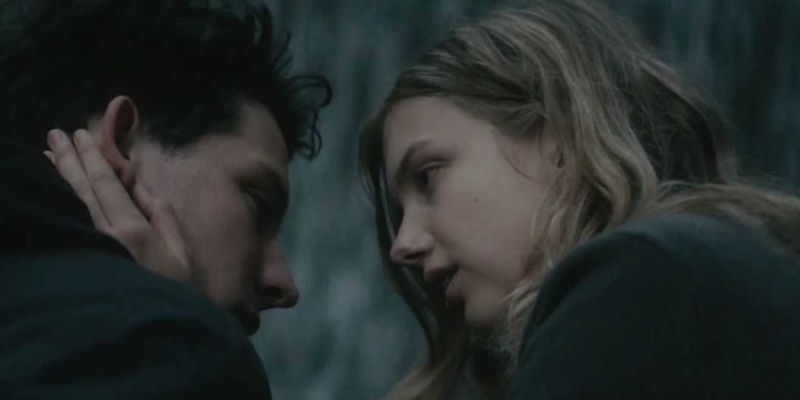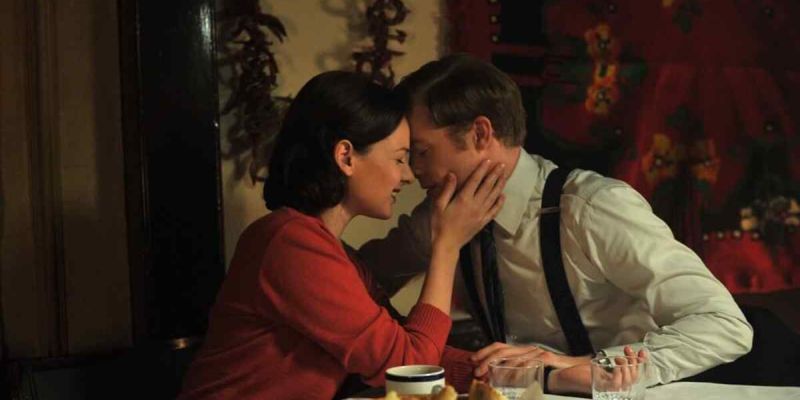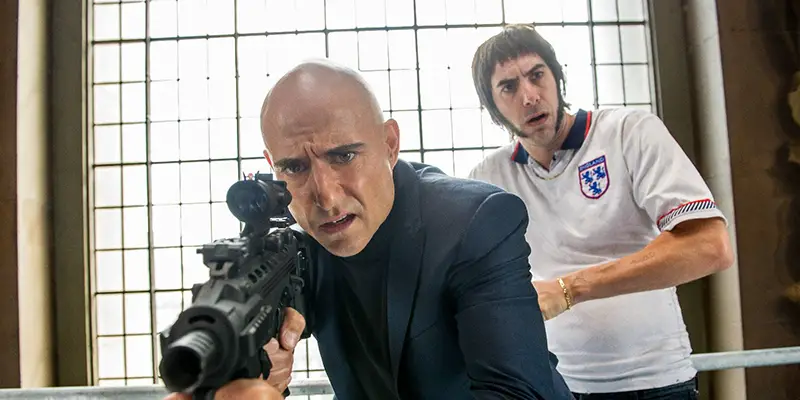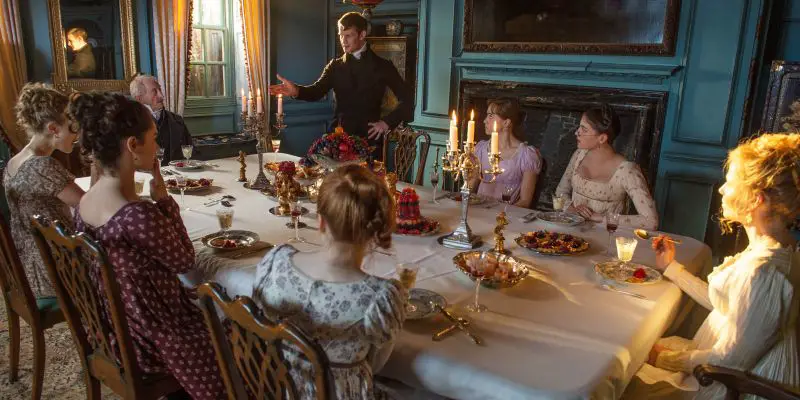United Kingdom
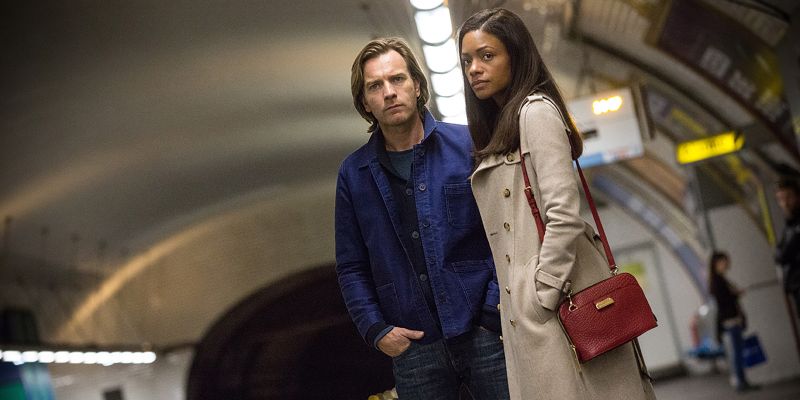
Ewan McGregor stars across Stellan Skarsgård, with Naomie Harris and Damian Lewis, in this film adaptation of the John le Carré (who is also on board as executive producer) novel of the same name, with a screenplay penned by Hossein Amini, helmed by British director Susanna White. With neo-noir ingredients, this thriller falls somewhere between slow-burn and slow-going. At times, we’re left to wonder why there isn’t more action, or twists (I felt similarly during Jack Ryan:
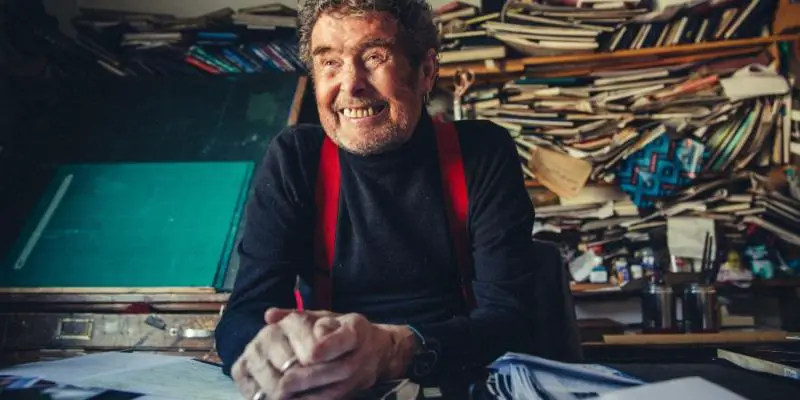
I first saw My Brief Eternity at the Wales International Documentary Festival, and such was its impact on me that after meeting the director Clare Sturges, and after writing up the festival itself, I resolved to review it so that others would come to know of it. The short documentary is a joint project between Maggie’s and Brightest Films, the former being a cancer charity, the latter Sturges’ production company. The film is about the Welsh artist; Osi Rhys Osmond.
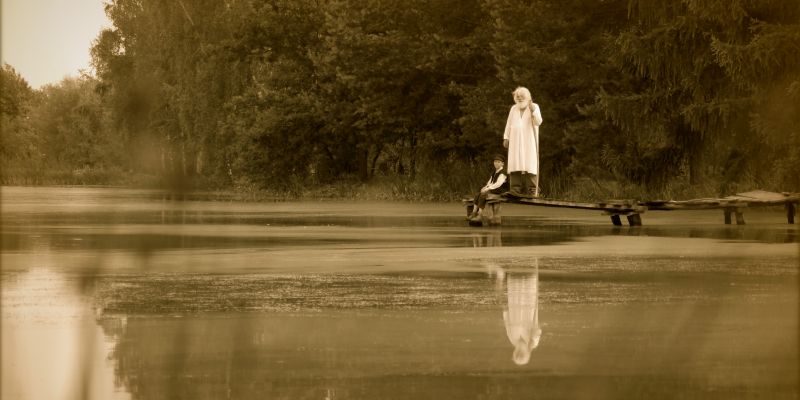
This year saw the very first Wales International Documentary Festival, which ran from 12th-14th May in the valleys of South Wales. Blackwood, to be more specific, north of Cardiff, and the home of the band Manic Street Preachers, the boxer Joe Calzaghe and the Dream Alliance race horse syndicate. They are, in fact, the very reason why the WIDF has found its home here.
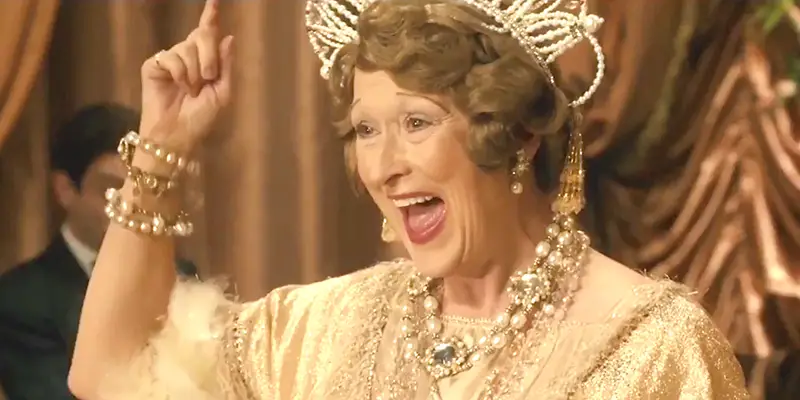
It’s very easy for the media to get overexcited about a new Meryl Streep film, and one costarring Hugh Grant and directed by Stephen Frears at that, but this time there’s something different. I think maybe, what with the recent success of The Iron Lady and the confusion over Suffragette (where she was on screen for only a few moments), the media and filmgoers are suffering from a little overindulgence when it comes to one of the world’s greatest actresses. So although Florence Foster Jenkins has been promoted widely, it hasn’t been the film on everyone’s lips.
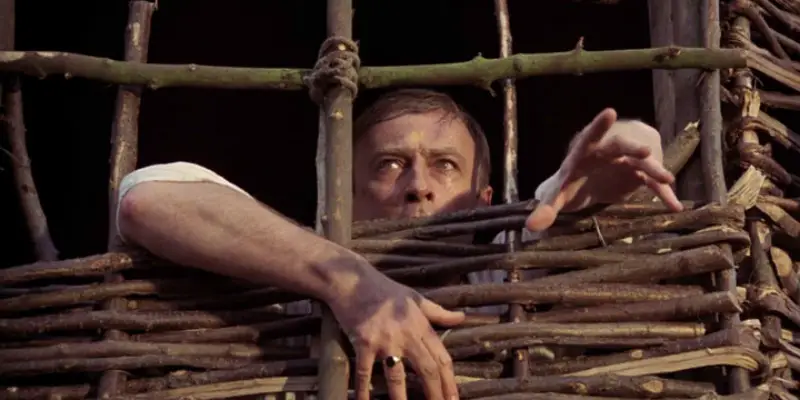
In the brilliant and insightful documentary A History of Horror, British writer and actor Mark Gatiss explores the horror genre throughout many countries. While discussing British horror cinema of the 1960’s, Gatiss uses the term ‘folk horror’ to describe a short but very curious subgenre. The films that make up this genre are unmistakably British and owe a large debt to the trail blazers of horror cinema in Britain:
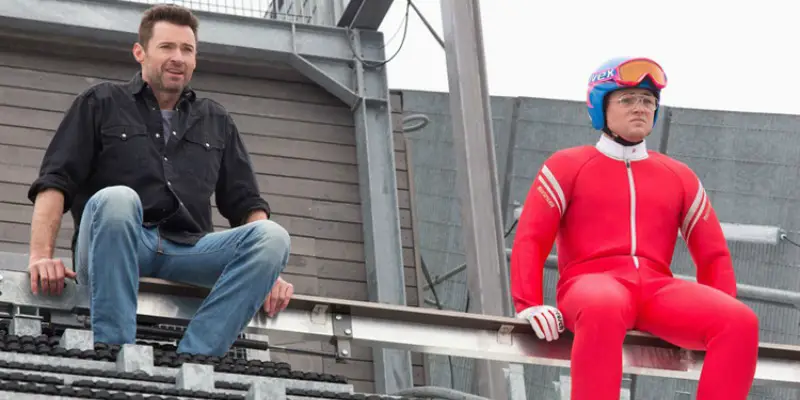
I have been following the production of Eddie The Eagle for a very long time it seems. I’m a great devotee of director Dexter Fletcher (Sunshine On Leith is excellent), I love a good sports movie, even better, I love a British underdog sports movie. Of course, if you know me or are familiar with me at all you’ll know I also absolutely adore Taron Egerton.
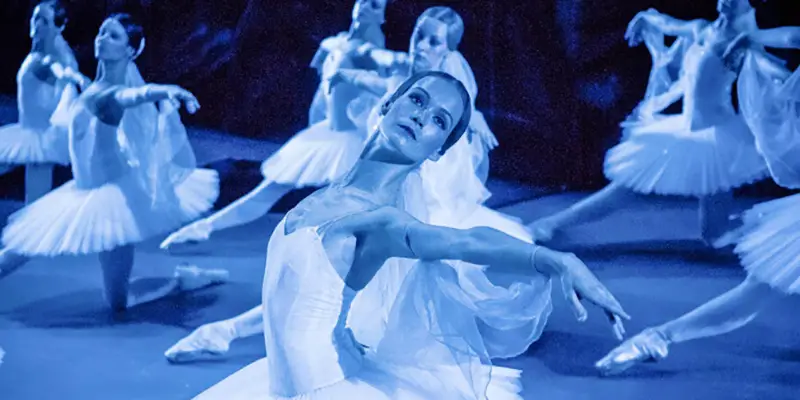
Back in 2013, a prestigious ballet director from the Bolshoi Theater named Sergei Filin was attacked outside his house, and acid was thrown into his face. He suffered third degree burns all over his face and down his neck and was left blind in one eye. After an investigation, it was discovered that a dancer of the Bolshoi paid the perpetrator; the motive was in reference to the casting of Swan Lake in which Filin was responsible.
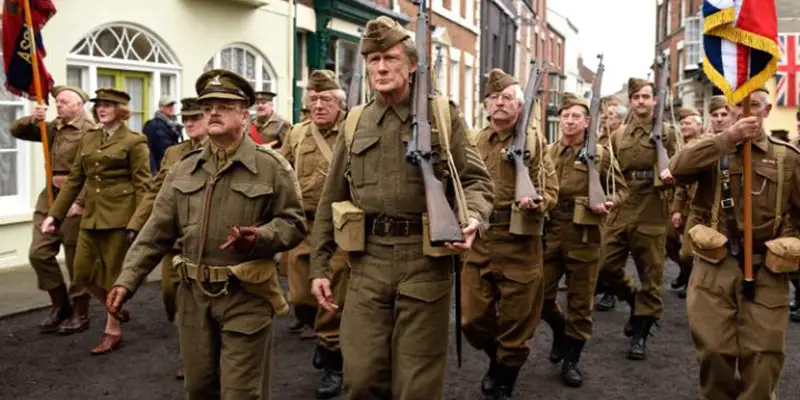
I love the TV show Dad’s Army. Originally aired between 1968 and 1977, it is a show that remains hugely popular to this day, and I can watch it every Saturday night on BBC Two and listen to the radio version every Monday morning on BBC Radio 4 Extra. Like all incredible BBC comedies, it makes up a part of the British psyche and its characters and catchphrases are legendary.
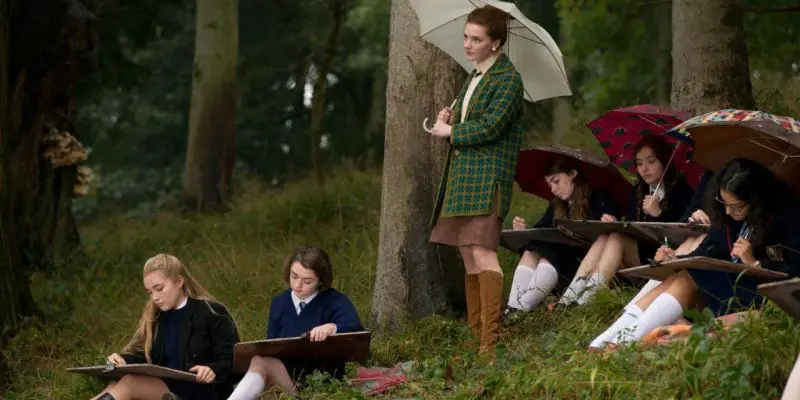
The Falling, the first drama feature by critically acclaimed director Carol Morley, went largely unnoticed on its general release. Despite collecting high praise from the critics, and starring Game of Thrones’ Maisie Williams in the lead role, The Falling was almost a blink-and-you-miss-it situation. This seems absolutely tragic, as I would have no reservations in rating it as my favourite film of 2015.
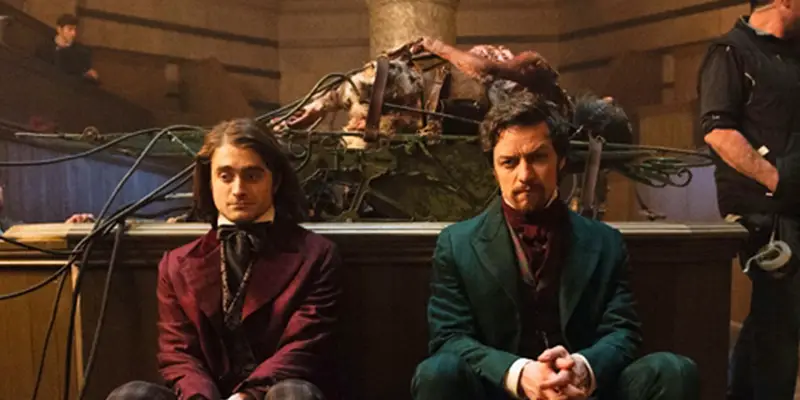
It’s been at least two years now since I first saw Daniel Radcliffe on The Graham Norton Show, sporting the unattractive hair extensions that would define his character, Igor’s, look. Admittedly, I have been excited for Victor Frankenstein since I first heard of its production. A Frankenstein ‘re-imagining’, told from Igor’s point of view, and one starring both Daniel Radcliffe and James McAvoy?


